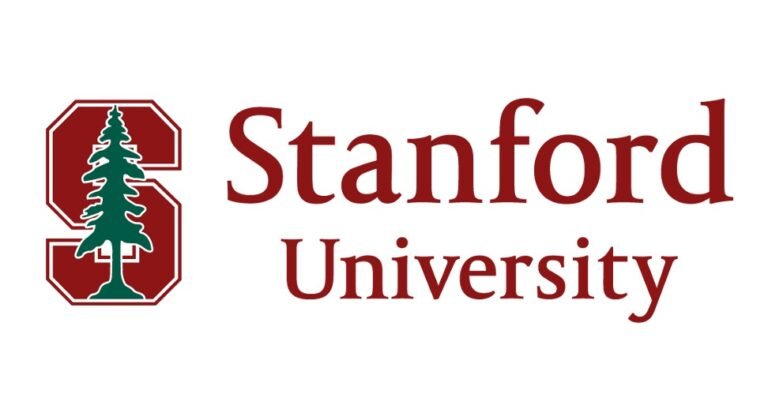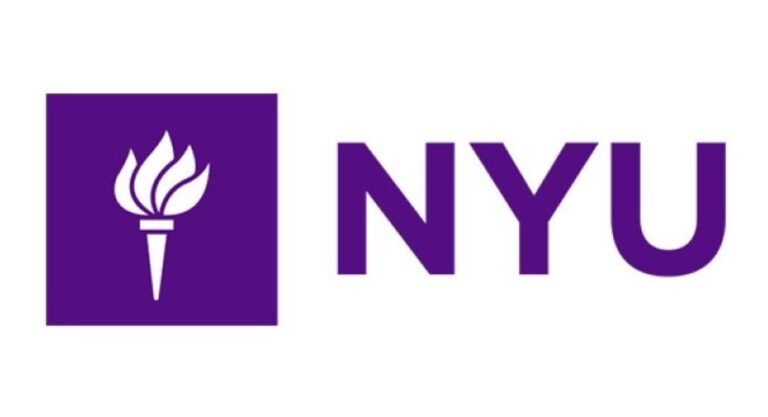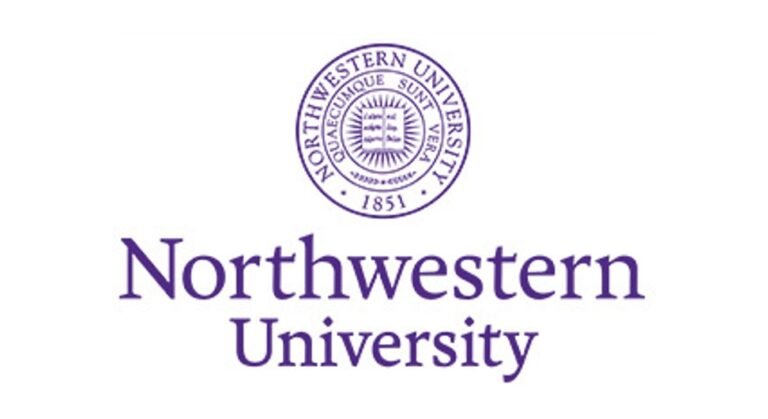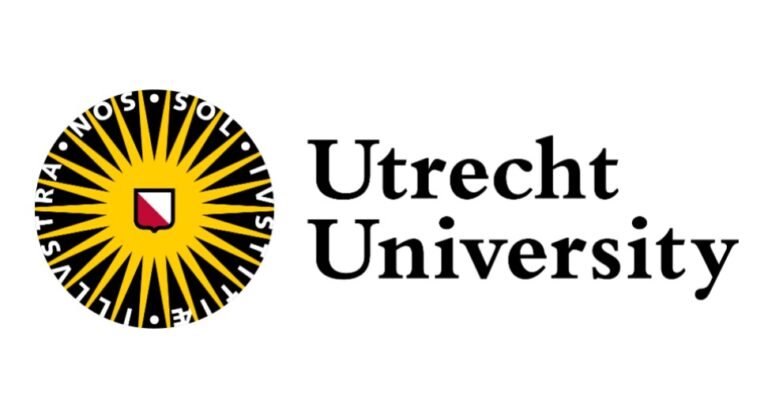A postdoctoral fellow position is available in the laboratory of Dr. Alice Bertaina in the Department of Pediatrics, Division of Hematology, Oncology, Stem Cell Transplantation, and Regenerative Medicine at Stanford University. Our research program focuses on innovative strategies for graft manipulation, specifically alpha/beta T-cell/CD19 B-cell depleted haploidentical stem cell transplantation (HSCT), aimed at treating children requiring dual HSCT and solid organ transplantation (DISOT). The overarching goal is to enhance immune tolerance, reduce graft-versus-host disease (GVHD), and improve patient outcomes.
This position offers the opportunity to lead interdisciplinary research efforts focused on understanding immune tolerance in pediatric patients who undergo combined HSCT and solid organ transplants. The successful candidate will engage in the development of novel approaches to post-HSCT immune reconstitution and GVHD mitigation, contributing to an emerging field with the potential for significant clinical impact.
The successful candidate will lead exciting projects focused on improving immune tolerance and advancing stem cell transplantation techniques for pediatric patients undergoing dual HSCT and solid organ transplants. Key areas of research include:
Optimizing next generation graft manipulation strategies.
- Exploring immune reconstitution by studying the recovery of immune function post-transplant to ensure successful engraftment and protection against infections.
- Developing GVHD prophylaxis strategies, utilizing mixed lymphocyte reactions and advanced sequencing methods to reduce alloreactivity and improve long-term transplant outcomes.
- PhD in cell biology, molecular biology, stem cell biology, developmental biology, immunology, cancer biology, or related field.
- Expertise in cell and molecular biology, and animal handling
- Ability to work independently and as part of a team.
- English proficiency is required.
Preferred Qualifications:
- Strong background in stem cell transplantation and immunology
- Experience and proficiency in techniques such as cell culture technique, gene editing (CRISPR), viral transfection, and flow cytometry
- Experience with next-generation sequencing methods such as single-cell RNA-seq.
- Familiarity with immunological assays and mixed lymphocyte reactions (MLRs).
- Commitment to mentoring junior lab members.
- Strong communication, teamwork, problem-solving, and presentation skills.
- CV/resume
- Cover letter outlining research interests and experience






